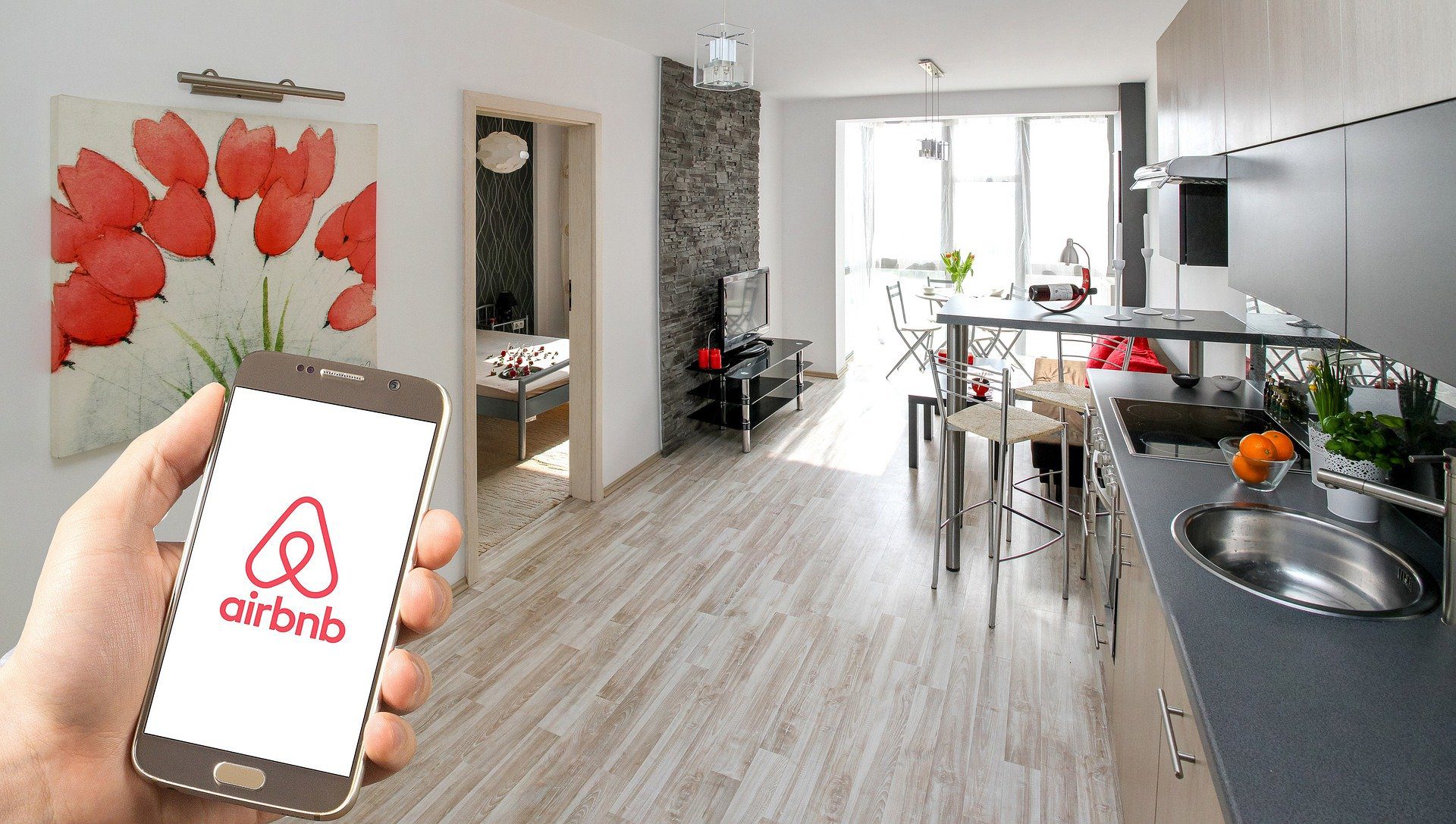Airbnb and Vrbo Significantly Outperformed the Hotel Industry But for How Long?

Skift Take
While much of the global economy continues to reel from the catastrophic impact of coronavirus, at least one hospitality sector is enjoying a degree of the V-shaped recovery so many economists predicted — or at least hoped for.
Short-term rentals on services like Airbnb generally performed better than similar quality hotel competitors, according to an STR and AirDNA study of 15 urban markets and 12 regional destinations around the world. Revenue per available room — the hotel industry’s key performance metric — was down nearly 65 percent at hotels at the end of June.
But the performance indicator was only down by about 5 percent at short-term rentals.
“It was kind of a perfect storm of factors that hit hotels disproportionately than short-term rentals,” said Patrick Mayock, vice president of research and development at STR.
The report shouldn’t be seen as a total swan song for the global hotel industry.
The caveat to the short-term rental performance narrative is hotels in certain leisure and drive-to markets have generally performed close to 2019 levels, showing travelers still crave hotel stays.
Hyatt sold out hotels on China’s Hainan Island during the country’s first major post-lockdown holiday. Markets like Panama City Beach, Florida, have even seen average hotel occupancies approach 90 percent at points over the summer. Choice Hotels leaders touted the company’s relatively small $2.4 million second quarter loss to the fact their portfolio is based largely on drive-to and leisure hotels.
But hotels rely on more than summer and holiday leisure traffic.
Business transient and group business travel historically kept the hotel sector at performance levels well above those of short-term rentals. But coronavirus effectively zapped both business lines for most of 2020 and tanked hotel performance while short-term rentals seized the outperformance crown.
The study, conducted between January 2019 and the end of June of this year, focused on entire-unit short-term rentals on Airbnb and Vrbo.
Hotel occupancy across the studied markets — which include places like New Orleans, Rome, and Australia’s Gold Coast — bottomed at nearly 18 percent the week of March 28. Short-term rental occupancy hit a low of just over 34 percent. But the short-term rental sector’s revenue per room (or unit) durability has more to do with rental rates staying close to normal levels.
While average daily rates at hotels fell 50 percent from the end of March 2019 to the end of March this year, they were only down between 6 and 12 percent at short-term rentals of various sizes. This stems largely from the leisure traffic flocking to Airbnb and Vrbo never fully going away.
“In truth, vacation rentals are simply becoming the preferred lodging type in an ongoing era of social distancing,” said Tom Caton, chief revenue officer at AirDNA. “The amenities, the ability to cook, the ability to rent entire-home listings, the supply in remote locations, the availability of larger, 2+ bedroom properties that accommodate entire families — all this points towards vacation rentals rebounding, even given the current state of the world.”
There are still uncertain variables ahead for both hotels and short-term rentals.
There are only a few more weeks left in what would normally be the peak summer travel season, and it isn’t clear yet how much leisure travel will extend into the fall. Continued remote work and school learning could enable travelers to continue flocking to drive-to and leisure markets.
But hybrid in-person, remote working, and education models could hinder how much travel continues into September and beyond.
“The real question is, what happens on September 15th, post-Labor Day?” said Evan Weiss, chief operating officer at LW Hospitality Advisors. “How are these properties performing at that point given the contraction in leisure and the lack of corporate transient and group travel? I’d imagine they will be somewhat similar to hotels in these markets: rather dismal occupancies. We will all have to wait and see, as there is no clarity on next week, let alone the fall travel season.”




